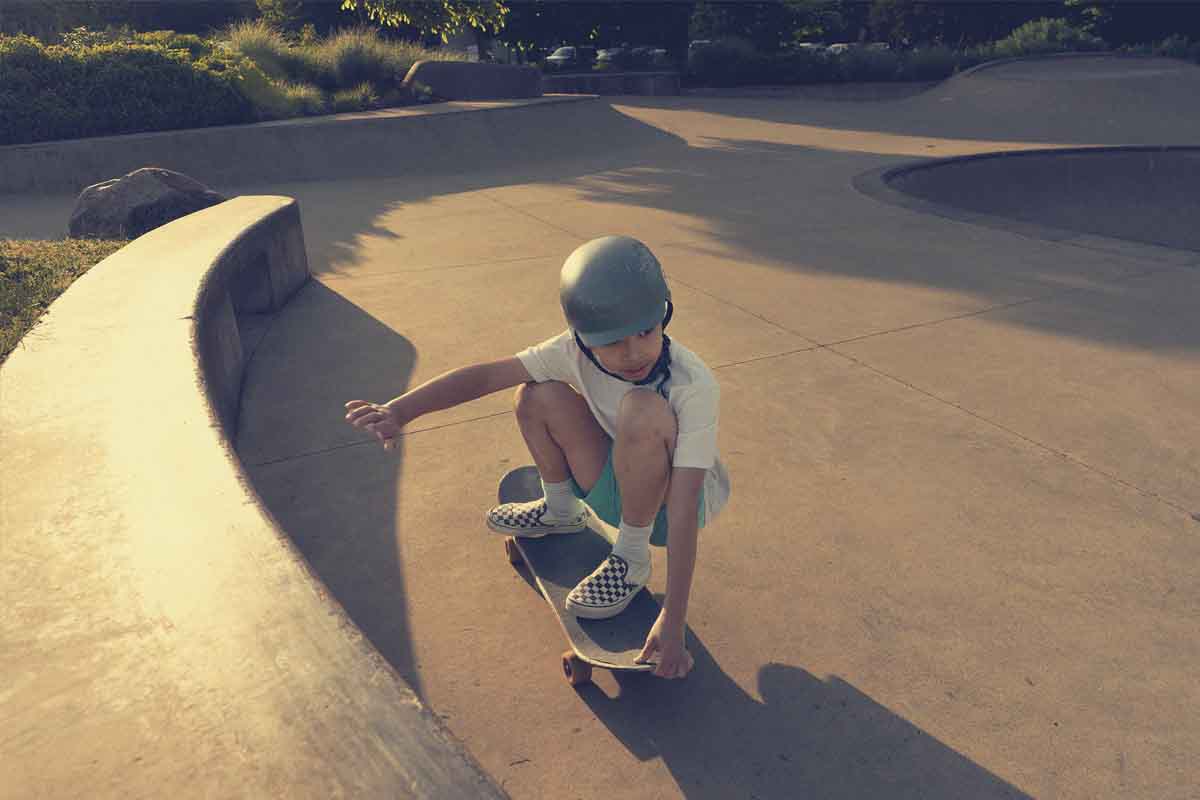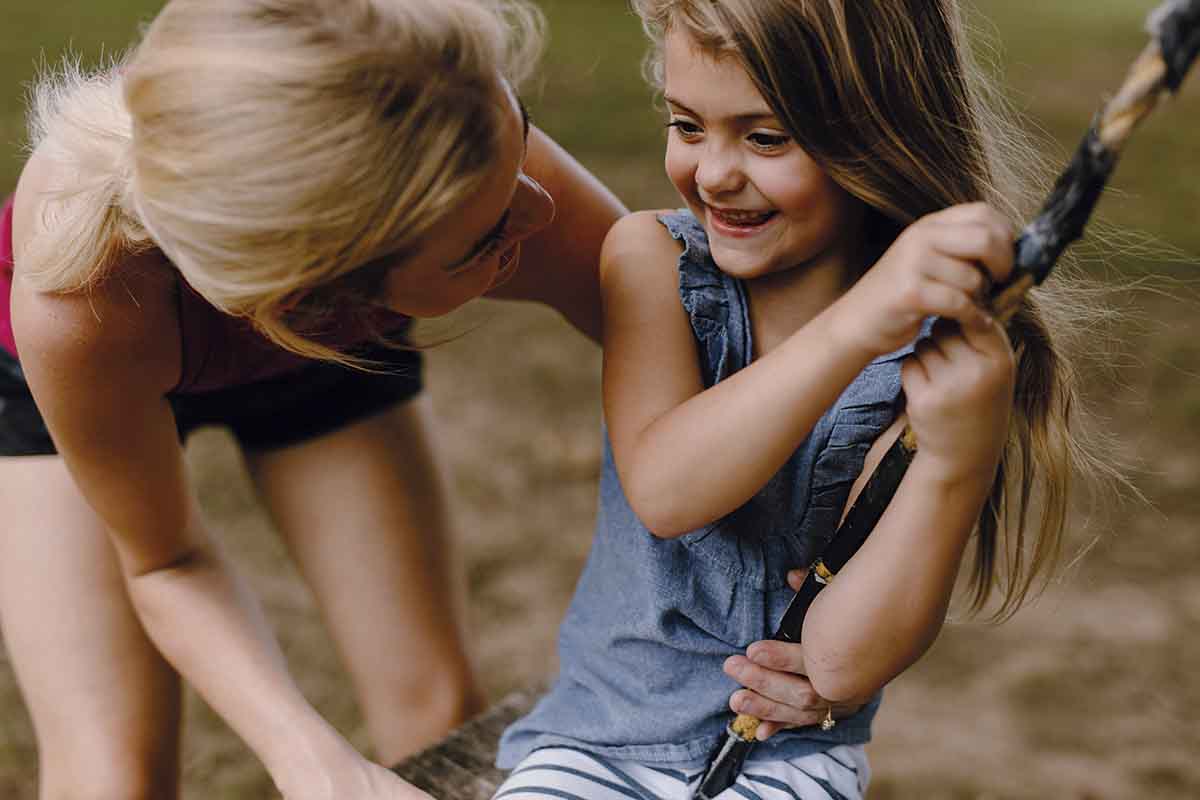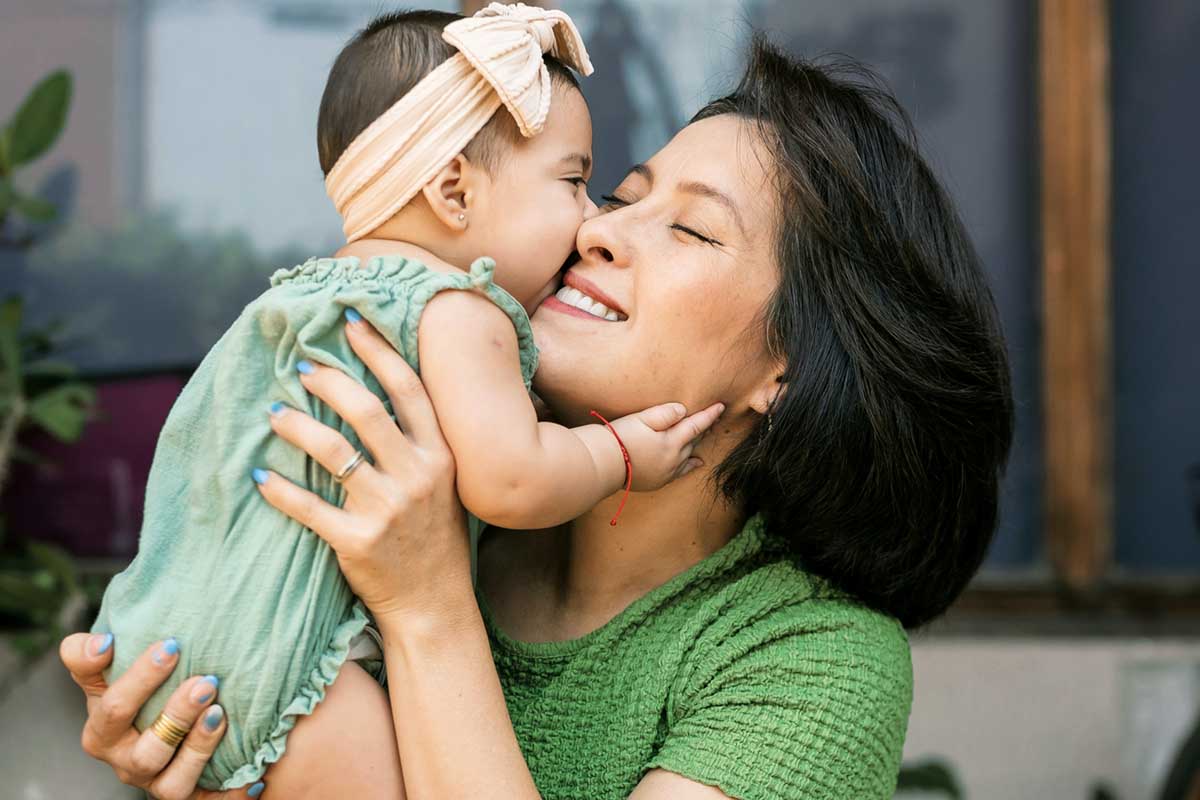Advertisement
5 Ways to Grow Through Grief
Helping your child heal

You can’t protect your children from loss, but you can walk alongside them through grief. Every child has lost something: a best friend, beloved pet, or cherished possession. Some children are coping with disruptive or painful health issues; others have witnessed the emotional or physical suffering of a loved one. Moving to a new home or school is also a major life transition that involves loss and grief.
How do you help your children heal? These practical, inspirational tips are separated into five categories—spirit, heart, soul, body, and mind—to give you a variety of ways to cope with loss.
Everyone grieves differently, but one sign of healthy grieving for both children and adults is the ability to feel and express sorrow, confusion, and fear. Experiencing the emotional pain of loss is scary and even overwhelming for people of all ages, but processing or moving through grief is essential for healing. Processing pain involves allowing emotions to rise without denying or suppressing them, and expressing even the most difficult feelings. This helps dissolve the grief.
Advertisement
Spirit
A relationship with a higher power is an anchor for many people, especially through the waves of grief. Faith can bring comfort, peace, and hope to otherwise bleak situations.
Give your children the chance to discuss and explore their spiritual side. If you aren’t comfortable talking about spirituality, connect your children with trustworthy people, books, or resources that speak to their questions. Allow your kids to grieve in ways that resonate with them, even if you don’t understand their process.
Advertisement
Heart
“Kids don’t always like to talk to adults about their problems,” said 10-year-old Jessie after a family death. “But they still need to get it off their chests. It really helped me to be with other kids who had a loss. They understood, they just understood.”
A grief support group gave Jessie a sense of belonging, safety, and comfort. The arts-based activities and talking circle became a place to relax and “have the weight of feeling so sad be lifted for awhile.”
Introducing your children to peers who are facing loss can create healthy, authentic relationships outside the family. This can reduce isolation and loneliness, increase independence and confidence, and allow kids to express themselves in ways they can’t at home.
Camp Kerry, a nonprofit that specializes in bereavement care, for example, offers programs and services that encourage group activities and interaction. All are designed to help children and families heal in community with others.
Advertisement
Soul
Death may end a life, but it doesn’t have to end a relationship. Honouring past bonds with people, pets, and places is a healthy way to process grief and keep memories alive. Many kids and adults find it helpful to express their feelings by writing songs, telling stories, and making art. These soulful projects can keep a loved one’s spirit alive.
“One of our rituals is the creation of a family memory lantern,” says Dr. Heather Mohan, executive director of Camp Kerry Society. “Families discuss their loved ones, then decorate a lantern with photos, paint, glitter, tissue paper, and other materials. The lantern represents their loved one, and this activity can be as simple or as complex as families want.”
Activities like this can be done at home, and even incorporated into a healing ritual with loved ones.
Advertisement
Body
“Children—particularly preteens/teens—don’t want to be different from their peers,” says Mohan. “They may resist open invitations to mourn if it makes them feel different from other children.” She adds that one of the most common emotional challenges of grieving is a sense of isolation and loneliness.
Even teens who aren’t interested in grief groups, family camps, or art therapy programs need an outlet for their feelings. Participating in an activity with others is ideal because it shows teens they’re not alone or different.
Consider team sports or group activities that have goals that resonate with your experience. For instance, your whole family might participate in a walk to raise funds for research or a marathon to collect money for an animal humane society.
This sense of community and purpose can help children direct their energy and emotion into creating valuable results. Plus, physical activity increases happiness hormones—endorphins, dopamine, and serotonin—which will naturally elevate moods and spirits.
Advertisement
Mind
Loss feels surreal because everything is different, yet the world marches on. Families still have school, work, chores, and daily responsibilities. Grief can lead to confusion, bewilderment, and even mental and emotional instability. Many mourners describe feelings of “going crazy.”
Talk to your children about the confusing feelings of bereavement. When you share your thoughts, you give them permission to do the same. Learn about grief together, perhaps by exploring the mourning rituals of other cultures or discussing the differences between a funeral and a celebration of life.
“Share your thoughts and feelings, and especially your memories of loved ones, openly with your children,” says Mohan. “Make sure children understand they don’t need to take care of you. You have adults to support you. Acknowledge that your family will get through this together and you will help one another as best you can.”
Children grieve in different ways, but they’re resilient. They were created to survive and thrive through the toughest challenges—and so were you. Take time to walk through the valley, trusting that you and your family will grow forward into a new season of life.
The Camp Kerry Society is a registered Canadian charity serving bereaved families across Canada both online and through chapters in BC, Ontario, and the Maritimes.
Programs include counselling, family support groups, a private online social network, and intensive retreats.
The families, staff, and volunteers at Camp Kerry are living proof that out of tragic loss and deep sorrow can come strength and healing through community. campkerry.org




